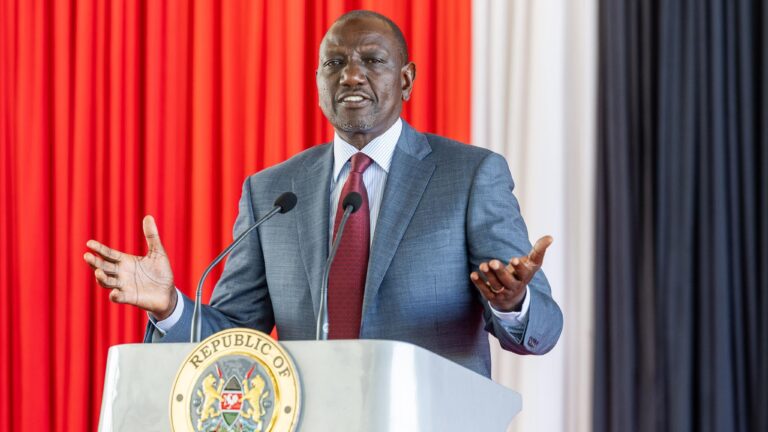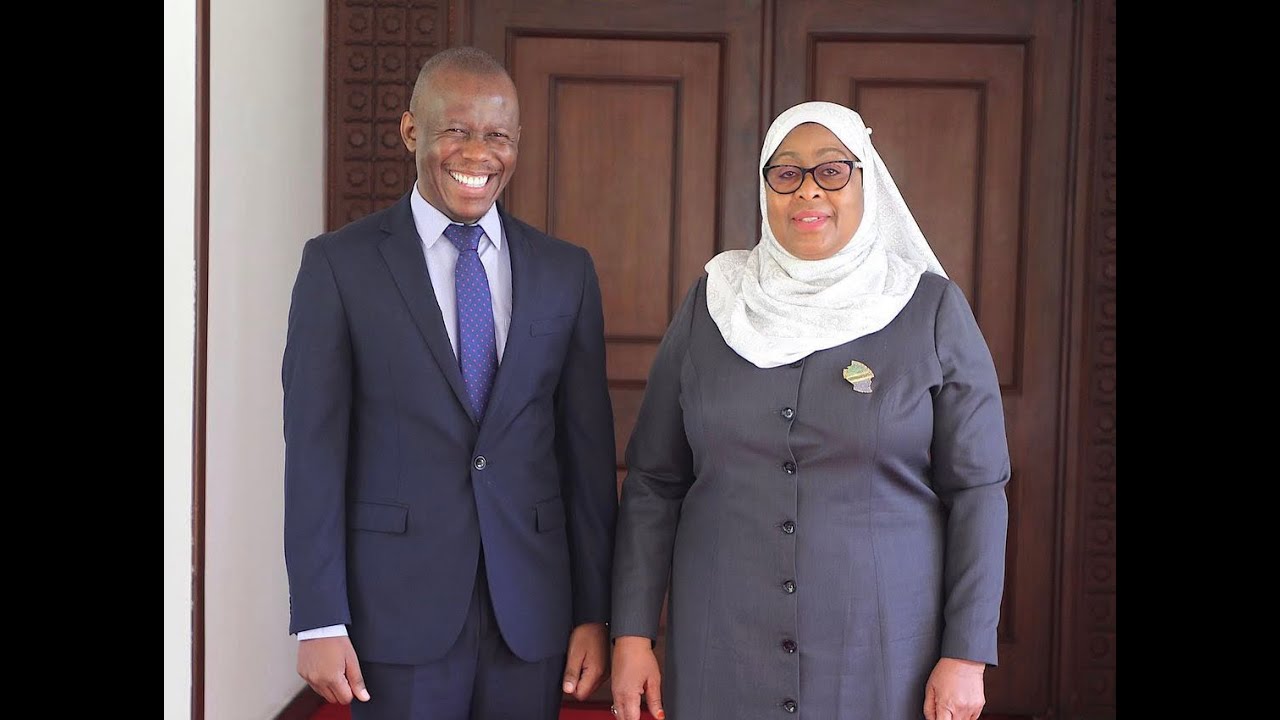

These proposed amendments are poised to impact a wide array of products and services, potentially reshaping consumer spending patterns across the country.
One of the notable revisions targets essential consumer goods, with bread, betting stakes, and credit cards among those slated for price adjustments.
The National Treasury’s proposal includes a significant increase in VAT on bread, with a proposed rate of 16 per cent. As a result, consumers may experience a notable uptick in the cost of this staple food item.
Under the proposed changes, a 400g loaf of bread could see a price hike of at least Ksh10, raising the average cost from approximately Ksh65 to around Ksh75.
Other notable changes are the deletion of VAT exemptions for specific financial services, adjustments to VAT refund mechanisms, alterations to VAT registration thresholds, and revisions in VAT exemptions affecting the tourism and insurance sectors.
This anticipated increase reflects the government’s efforts to generate additional revenue through adjustments to VAT rates, a move that could have direct implications for household budgets and purchasing power.
Here’s a breakdown of the key proposals and their potential implications:
1. Deletion of VAT Exemptions for Financial Services:
The Finance Bill 2024 suggests eliminating VAT exemptions for several financial services, including issuing credit and debit cards, telegraphic money transfer services, and cheque handling, processing, clearing, and settlement including special clearance or cancellation of cheques;
Others are ssuance of securities for money, including bills of exchange, promissory notes, money, and postal orders; the assignment of debt for consideration, financial services on behalf of another on a commission basis.
However, critics argue that these amendments could lead to increased costs for consumers and complicate VAT administration for financial institutions.
2. Expansion of Electronic Tax Invoices:
Another proposal under the Finance Bill 2024 is the inclusion of electronic tax invoices. This amendment seeks to align VAT provisions with existing tax laws. If implemented, businesses would be required to issue electronic tax invoices for transactions, effective from July 1, 2024.Analysts view this amendment as a step towards modernising tax administration in Kenya. However, some businesses may face challenges in adapting to electronic invoicing systems.
3. Changes in VAT Refunds Regime:
The bill suggests several modifications to the VAT refund regime, including the treatment of excess input tax and the timeframe for lodging refund claims.
While these changes aim to simplify the refund process, concerns have been raised regarding their impact on businesses, particularly manufacturers engaged in official aid-funded projects.
4. Increase of VAT Registration Threshold:
The Finance Bill proposes raising the mandatory VAT registration threshold from KES 5,000,000 to KES 8,000,000. This adjustment aims to reduce the compliance burden on small businesses.
However, some stakeholders argue that the new threshold may still be inadequate, considering Kenya’s inflation rate and economic conditions.
5. Exemption for Transfer of Business as a Going Concern:
Under the proposed amendments, the transfer of business as a going concern would be exempt from VAT.
While this change is welcomed by many, concerns have been raised regarding its potential impact on input tax deductions for vendors.
6. Limitation of VAT Exemption on Insurance Services:
The bill suggests limiting VAT exemptions on insurance and reinsurance services to premiums only. This change has raised constitutional concerns, as it may lead to increased costs for consumers and undermine the competitiveness of the insurance sector.
7. Removal of Tourism Sector VAT Exemptions:
Proposed amendments include the removal of VAT exemptions aimed at boosting the tourism sector.
Critics argue that these changes may discourage investments in tourism infrastructure and hinder the sector’s growth.
8. Standard Rating of Betting, Gaming, and Lotteries Services:
The Finance Bill 2024 proposes removing the VAT exemption for betting, gaming, and lotteries services, subjecting them to VAT at the standard rate of 16 per cent. This move has stirred discussions within the gambling industry and among policymakers.
While proponents argue that taxing these services could generate significant revenue for the government, there are concerns regarding the practical implementation of VAT on betting and lottery transactions. Specifically, it remains unclear how VAT will be calculated for such services, considering that many betting companies do not charge fees directly but rather derive revenue from the amounts wagered or staked.
With an estimated turnover of KES 50 billion in 2022 and approximately 170 registered firms in the sector, the potential impact of this proposal on the gambling industry is substantial.
Stakeholders await further clarity on the implications of these changes and their potential effects on consumer behaviour and industry dynamics.
9. Standard Rating of Locally Assembled and Manufactured Mobile Phones:
The Finance Bill proposes subjecting the supply of locally assembled or manufactured mobile phones to the standard VAT rate. This proposal comes at a time when Kenya is striving to boost its local manufacturing capabilities, particularly in the technology sector.
However, some experts argue that maintaining the zero-rated status for locally assembled mobile phones would be more conducive to encouraging investment and stimulating growth in the sector. With Kenya recently unveiling its first phone assembly plant, stakeholders emphasize the importance of retaining incentives for local manufacturing to foster innovation and competitiveness.
10. Removal of VAT Exemption for Persons with Government Contracts:
Under the Finance Bill 2024, the VAT exemption for taxable goods supplied to persons with government contracts prior to April 25, 2020, would be removed.
This proposal has raised concerns about the government’s adherence to contractual obligations and its potential impact on businesses operating under such agreements.
11. Removal of Zero-Rated Status for E-Mobility Sector Goods:
The Bill suggests removing the zero-rated status for certain goods in the e-mobility sector, subjecting them to the standard VAT rate of 16 per cent. This proposal affects items such as electric bicycles, solar and lithium-ion batteries, and electric buses.
Introduced in 2023 to promote green energy use in the transport sector, these incentives have contributed to increased adoption of e-mobility solutions in Kenya. However, the standard rating of these goods could potentially raise their costs and slow down growth in the sector, posing challenges for startups and businesses operating in this space.
As discussions around the Finance Bill 2024 continue, stakeholders in the e-mobility sector advocate for measures to support sustainable development and innovation while balancing fiscal considerations.
12. Additional Changes to VAT Status of Various Items:
The Bill proposes a series of changes to the VAT status of various goods and services. Items previously exempt from VAT tax will now be subject to standard-rated treatment, while others will enjoy continued exemption from taxation.







